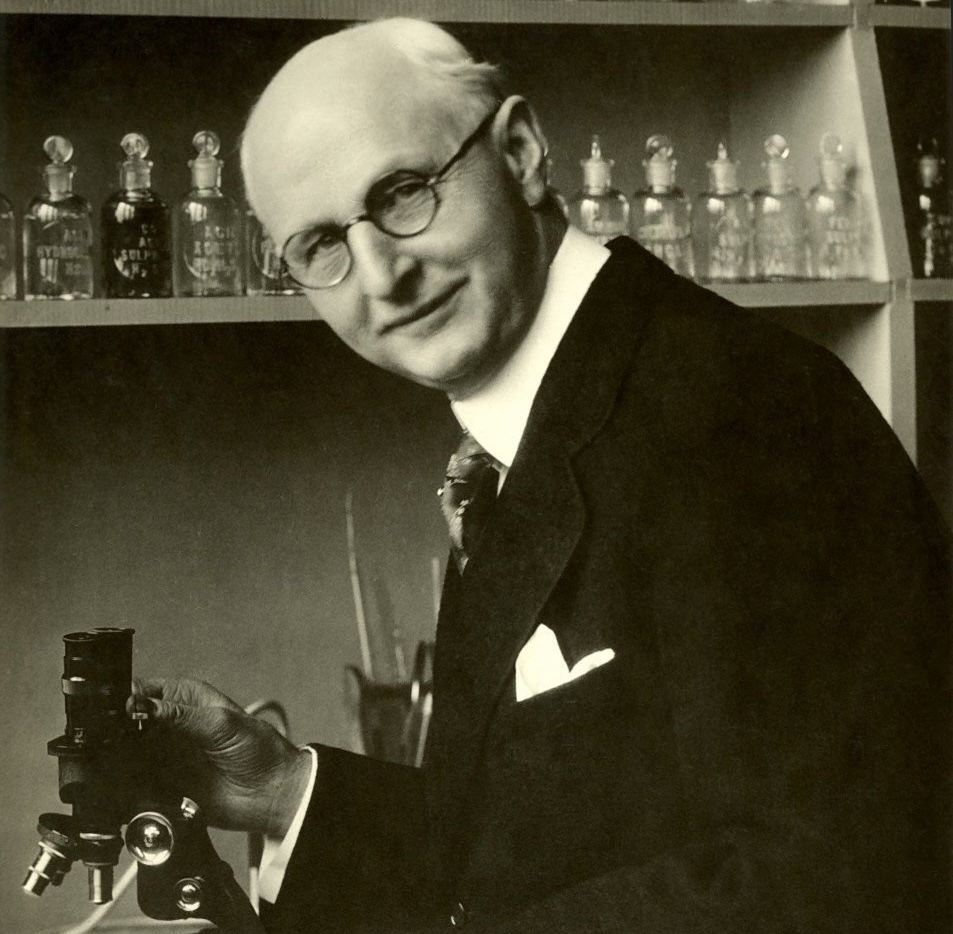Dr. Weston A. Price, a dentist and nutrition researcher, embarked on a decade-long journey in the 1930s that would challenge conventional wisdom about health, nutrition, and the causes of disease. His work, while controversial, provides compelling support for the terrain theory of disease – the idea that the body’s internal environment, rather than external pathogens, is the primary determinant of health and illness.
Early Career and Motivations
Dr. Price began his career as a dentist in Cleveland, Ohio, where he became increasingly concerned about the declining dental health he observed in his patients. Puzzled by the rising rates of tooth decay, misaligned jaws, and other dental problems, he hypothesized that these issues were not merely localized to the mouth but were indicators of broader health decline.
This realization spurred Dr. Price to undertake a global odyssey, visiting remote communities untouched by Western diets and lifestyles. His goal was to understand how these isolated people maintained excellent health without modern medical interventions.
The Global Expedition
Dr. Price’s travels took him to diverse locations across the globe, including:
- Swiss Alps
- Outer Hebrides of Scotland
- Indigenous communities in North and South America
- Melanesian and Polynesian South Sea Islands
- African tribes
- Australian Aborigines
- New Zealand Maori
In each location, Dr. Price meticulously documented the dietary habits, lifestyle practices, and overall health of the people he encountered. His observations were extensive, covering dental health, physical structure, resistance to disease, and even behavioral characteristics.
Key Findings
- Nutritional Abundance: The diets of healthy indigenous peoples were incredibly nutrient-dense, containing 4-10 times the mineral content and fat-soluble vitamins found in the average American diet of his time.
- Absence of Chronic Disease: Communities adhering to their traditional diets were virtually free from chronic diseases that plagued Western societies, including heart disease, cancer, and diabetes.
- Dental Health: Price observed nearly perfect dental arches, absence of tooth decay, and overall excellent oral health in these communities.
- Resistance to Infectious Disease: These populations showed remarkable resilience against infectious diseases, supporting the terrain theory’s emphasis on internal health over germ theory.
- Rapid Health Decline with Western Foods: When members of these communities adopted Western diets, Dr. Price documented a swift decline in health, particularly evident in dental problems and increased susceptibility to disease.

Implications for Terrain Theory
Dr. Price’s work strongly supports the terrain theory of disease in several ways:
- Emphasis on Internal Environment: His findings suggest that the body’s internal state, largely determined by nutrition, is the primary factor in health and disease resistance.
- Nutritional Deficiencies as Root Cause: Rather than blaming external pathogens, Price’s work points to nutritional deficiencies as the underlying cause of many health problems.
- Holistic Health Perspective: Price observed that dental health was intimately connected with overall physical health, supporting a holistic view of the body consistent with terrain theory.
- Resilience Through Nutrition: The remarkable disease resistance of traditional communities aligns with the terrain theory’s focus on building a robust internal environment.
- Rapid Health Changes: The quick deterioration of health when transitioning to Western diets supports the idea that the body’s terrain can be rapidly altered by environmental factors, particularly diet.
Nutritional Wisdom of Traditional Diets
Dr. Price identified several common factors in the diets of healthy indigenous populations:
- Animal-based foods rich in fat-soluble vitamins (A, D, E, K)
- Seafood and organ meats
- Fermented foods
- Properly prepared grains and legumes
- Raw dairy products from grass-fed animals
- Absence of refined sugars, white flour, and processed vegetable oils
These dietary patterns, Price argued, provided the necessary nutrients to maintain a robust internal terrain, capable of resisting disease and supporting optimal physical development.
Challenges to Conventional Wisdom
Dr. Price’s findings challenged several prevailing notions:
- The idea that tooth decay was primarily caused by bacteria, rather than nutritional deficiencies
- The belief that genetics were the primary determinant of physical structure and health
- The notion that primitive diets were nutritionally inferior to modern, processed foods
- The emphasis on germ theory over terrain theory in understanding disease
Legacy and Continued Relevance
While Dr. Price’s work was largely overlooked by mainstream medicine during his lifetime, his findings have gained renewed interest in recent decades. The Weston A. Price Foundation, established in 1999, continues to promote his nutritional principles and support further research into traditional diets.
From a terrain theory perspective, Dr. Price’s work remains highly relevant. It offers a compelling case for the primacy of nutrition in shaping the body’s internal environment and, consequently, its ability to maintain health and resist disease. His observations of rapid health changes with dietary shifts demonstrate the plasticity of the body’s terrain, suggesting that many modern health problems could be addressed through nutritional interventions.
Criticisms and Controversies
It’s important to note that Dr. Price’s work is not without its critics. Some argue that his sample sizes were too small for broad conclusions, or that he romanticized traditional lifestyles. Others contend that his nutritional recommendations are at odds with current dietary guidelines.
However, from a terrain theory perspective, these criticisms often miss the broader implications of his work. The consistent patterns Price observed across diverse cultures provide compelling evidence for the fundamental role of nutrition in shaping the body’s internal environment.
Conclusion
Dr. Weston A. Price’s global odyssey and subsequent findings offer a powerful argument for the terrain theory of health and disease. His work demonstrates that when the body is properly nourished, it develops a robust internal terrain capable of resisting disease and achieving optimal physical development. As modern society grapples with rising rates of chronic disease, Dr. Price’s research provides valuable insights into the potential of nutrition to fundamentally alter our health landscape. By refocusing on the importance of the body’s internal environment, as illuminated by Price’s work, we may find more effective approaches to health and healing than those offered by the dominant germ theory paradigm.





Leave a Reply